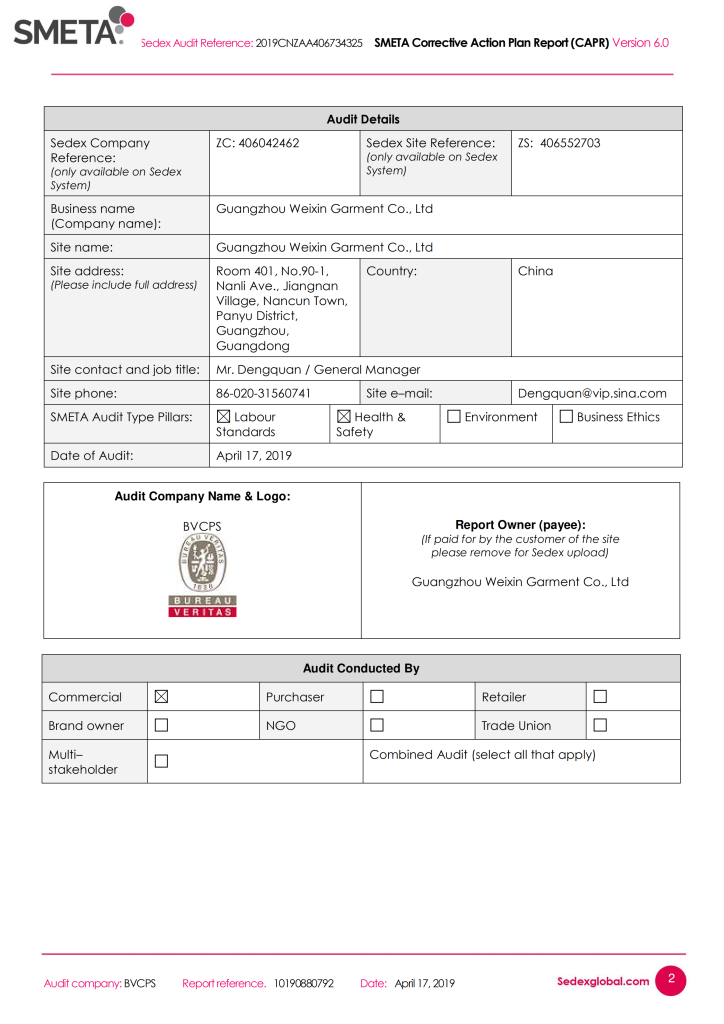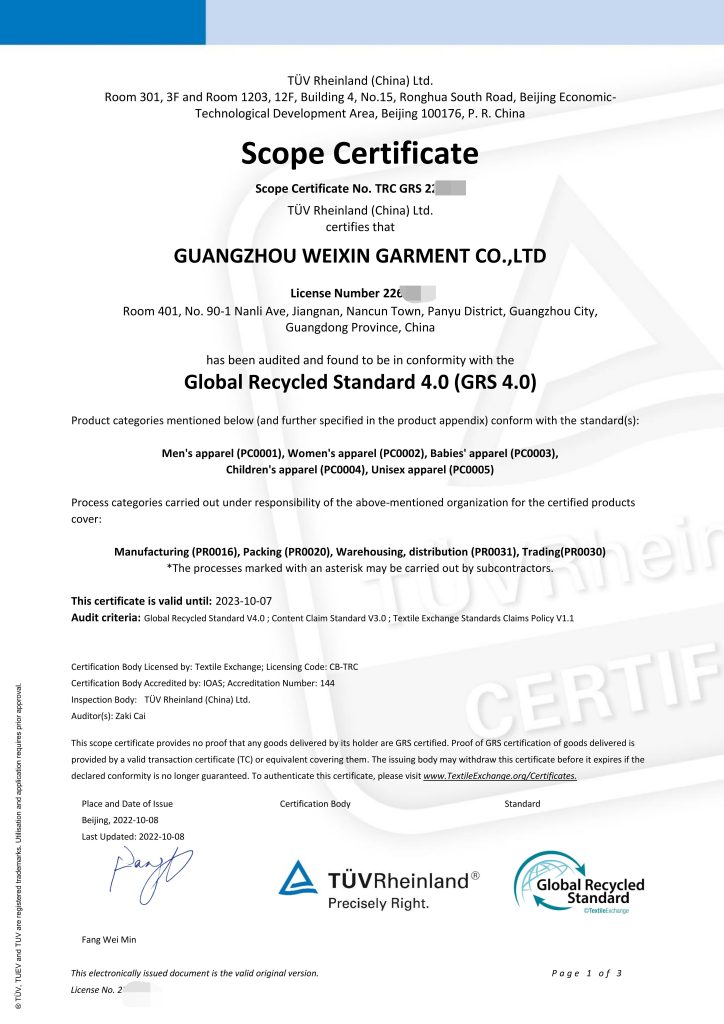The Consumer Demand for Eco-Friendly Fabrics in Women’s Fashion: What Does It Mean for Brands?
The fashion industry is experiencing a significant shift as consumers increasingly prioritize sustainability. This change is compelling brands to reevaluate their sourcing, production, and marketing strategies to align with eco-conscious consumer preferences.
Why Consumers Are Choosing Eco-Friendly Fashion
Environmental Awareness:
The fashion industry is responsible for approximately 10% of global carbon emissions, surpassing the combined emissions of international flights and maritime shipping . This environmental impact has heightened consumer awareness and concern.
Ethical Considerations:
Consumers are increasingly seeking brands that align with their values. A study by Simon-Kucher & Partners indicates that 54% of consumers are now willing to pay a premium for sustainable products, up from 35% two years ago .
Health Concerns:
There is a growing preference for non-toxic, chemical-free fabrics. Materials like organic cotton and bamboo are gaining popularity as consumers become more aware of the potential harm that chemicals in clothing can have on their skin and overall health.


Brand Loyalty and Eco-Friendly Fashion
Consumer Trust:
Brands that adopt eco-friendly practices often enjoy increased consumer loyalty. By being transparent about the sourcing and production of materials, brands build trust and credibility with their target audience.
Premium Pricing:
Consumers are increasingly willing to pay a premium for sustainable, high-quality products. As eco-friendly fabrics become more mainstream, brands that incorporate them into their collections can command higher prices, which in turn supports their sustainability initiatives.



Marketing Eco-Friendly Fashion
Storytelling:
The success of eco-friendly fashion often lies in how a brand tells its story. Consumers are drawn to brands that share the journey of how their garments are made—where the materials come from, how the clothing is manufactured, and what efforts are made to reduce environmental impact.
Certifications and Transparency:
Brands that display eco-certifications and provide transparency into their production process gain the trust of their customers. Certifications like GOTS, Fair Trade, and OEKO-TEX help consumers identify products that meet high environmental and ethical standards.
The demand for eco-friendly fashion is growing, and brands that incorporate sustainable fabrics into their collections are in a strong position to capture the loyalty of today’s conscious consumers. At D&J Fashion, we work with brands to create products that not only meet the latest sustainability standards but also reflect the values of their target audience.
kno072025-02
Google: D&J Fashion Manufacturer
Leave us a Google Review
Facebook: dnjfashionofficial
Instagram: dnj_fashion_official
Linkedin: D&J Garment Manufacturing and Supply Chain
Pinterest: dnjfashion
Youtube: @dnjfashion_official
Tik Tok: @dnj_fashion

